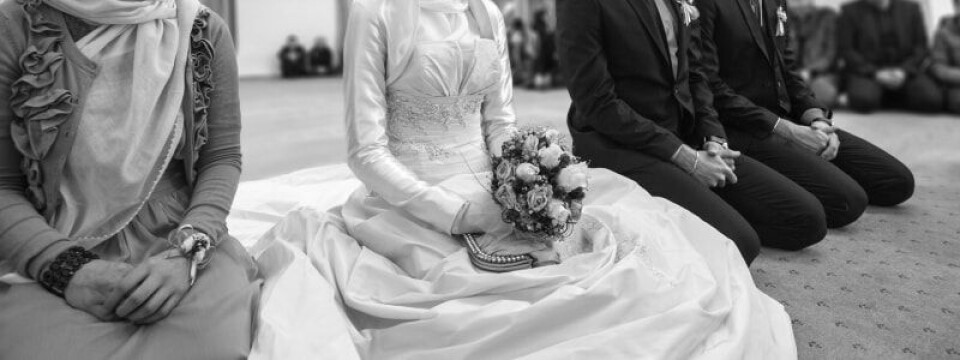The court described this as a “travesty and a violation of the constitutional rights of women and children in particular”.
The plight of women married in terms of Sharia law, and their children, was brought to the attention of the courts by the Women’s Legal Centre (WLC), established in 1999 to take on test cases on behalf of women, free of charge, to overturn discriminatory laws.
In its court papers, it detailed the suffering of some of the “hundreds” of women who had approached their offices over the years: One woman said her husband had “divorced” her without her consent, and after he died, she was forced to leave the matrimonial home and had to live in shelters. Her children were taken away from her.
Because her marriage was not lawfully recognised, she had no legal recourse.
The SCA said historically - prior to democracy - Muslim marraiges had not been recognised because they were viewed as potentially polygymous “a scornful and offensive attitude”.
This had to change and the “effective and comprehensive” order granted was an endeavour to “cure the hardship suffered by parties to Muslim marriages, especially vulnerable women and children, that will operate until appropriate legislation is put in place”.
The order declared the Marriage Act and the Divorce Act inconsistent with the constitution for failing to recognise and regulate Muslim marriages, for failing to provide for the welfare of children born of such marriages and for failing to provide for the redistribution of assets or forfeiture of benefits on the dissolution of such a marriage.
It also declared the common law definition of marriage to be unconstitutional and invalid because it excludes Muslim marriages.
In a media statement, the WLC said: “It has been a long road. The challenges and difficulties experienced have been well documented over the past twenty years and form part of multiple court cases and judgments.”
The centre said the SCA had given the state 24 months to remedy the defects in the laws identified in the case.
“The court has also provided interim relief that will be applicable in the 24-month period when the state must enact legislation or amend existing legislation to recognise Muslim marriages.
“The interim relief is aimed at ensuring that Muslim women, whose marriages are still valid at the time of the court order, can approach a court to obtain a divorce in terms of the Divorce Act. It is important to note, however, that this interim relief is only available to women whose marriages still exist or are valid in terms of Sharia law, or to women who have had their marriages terminated in terms of Sharia law, but who have approached a court, have lodged proceedings and who have not had those proceedings finalised by a court.
“As the court has declared the Marriages Act, the Divorce Act and the common law definition of marriage to be unconstitutional, this decision has to go to the Constitutional Court for confirmation.”
The centre said this meant that the issue of the non-recognition of Muslim marriages remained unresolved but finality was “a step closer” as the matter heads to the Constitutional Court in 2021.
To join Africa Legal's mailing list please click here

